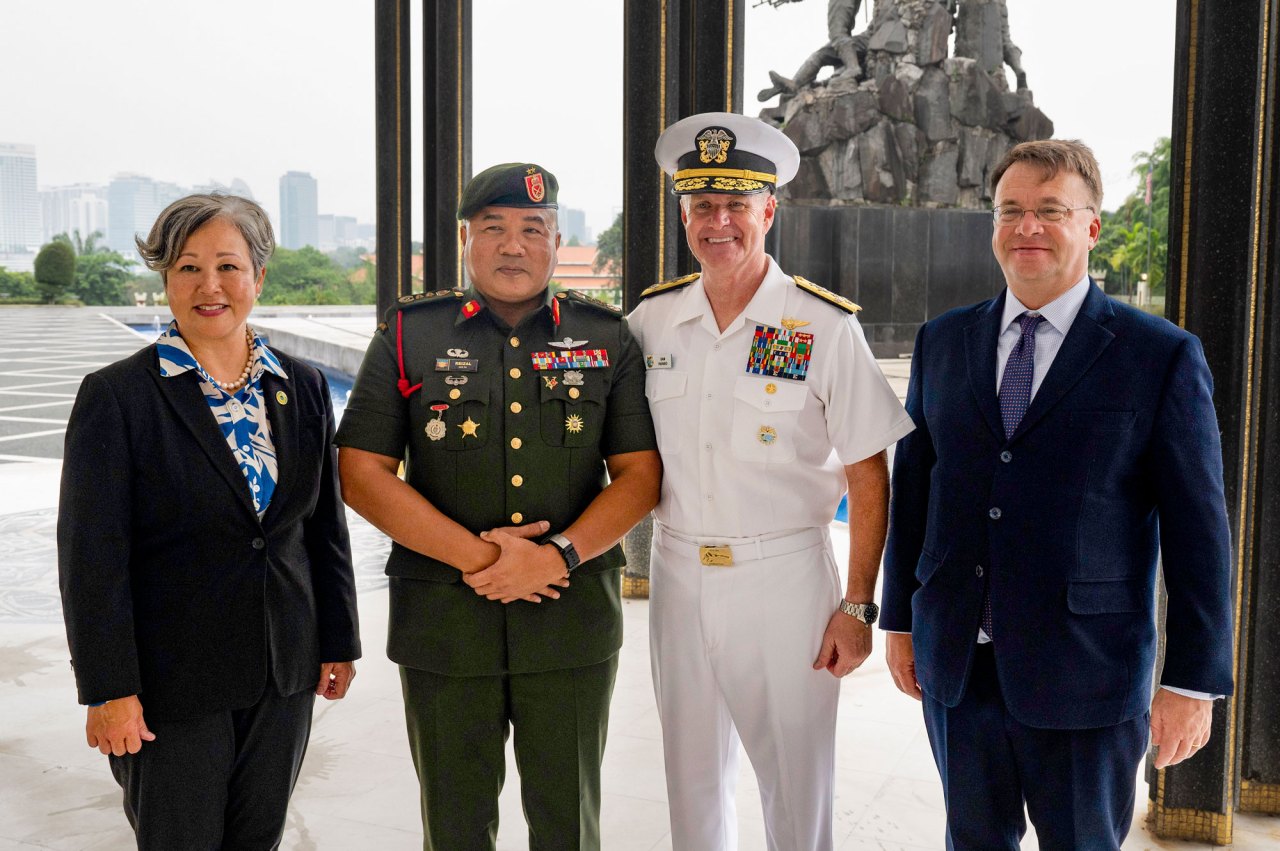By Miemie Byrd
Myanmar, also known as Burma, has been in an economic freefall since the failed military coup of February 2021. The coup, led by Senior General Min Aung Hlaing, has resulted in widespread conflict, unrest, and international condemnation. The military junta’s incompetence and mismanagement[1] have led to many economic problems for the country, including a devaluation of the currency and a brain drain of the working-age population. After a decade of steady growth, the economy contracted by 18% in 2021[2], with little projected improvement in 2023. In addition, international sanctions and the blacklisting of Myanmar by the international Financial Action Task Force[3] have deterred foreign investment.
One of the major issues facing Myanmar’s economy is the devaluation of its currency, the kyat. The kyat has lost approximately half its value[4]. This devaluation increased inflation to as much as 16% in 2022,[5] making it more expensive for citizens to purchase goods and services. As a result, purchasing power has been greatly reduced, and many citizens are struggling to afford even basic necessities. The World Food Programme estimates that 14.4 million people[6], more than 25% of the population, face food insecurity. The devaluation has also hurt businesses, making imported goods and raw materials more expensive and leading to decreased economic activity. Additionally, the depreciation has made it more difficult for Myanmar to attract foreign investment, as the currency’s instability deters investors. The overall economic situation in Myanmar has become increasingly dire due to the devaluation of the kyat, and it will likely take significant time and effort to restore stability to the economy.
Another major problem is the brain drain of the working-age population, with thousands estimated to be leaving the country every month. Since the coup, many young professionals and skilled workers who remained have been jailed and killed. This has resulted in a shortage of skilled labor in Myanmar, further hindering economic growth. Additionally, the ongoing civil unrest has made it difficult for businesses to operate, leading to job losses and decreased economic activity.
Since Myanmar’s economy has become dominated by the military and its cronies, international sanctions have made it difficult for it to trade with other countries and have further weakened its economy. International sanctions have been targeted at the military junta and its businesses as well as individuals and companies that support the regime. In addition to the economic sanctions imposed by the international community, the ongoing political and human rights crisis in Myanmar has also led to the departure of many international businesses. Many of the most prominent multinational companies[8] have left the country, including Telenor, Kirin, Woodside Petroleum, Chevron, TotalEnergies, Voltalia, and British American Tobacco, due to concerns over the military’s role in the government, human rights abuses, and the unstable political situation.
This departure of international businesses has led to a significant loss of jobs and income for the people of Myanmar and a decrease in overall economic activity. It has also further limited the country’s access to foreign investment and technology, hindering its ability to develop and modernize its economy. A critical degradation of infrastructure, such as energy and communication, has made it impossible for businesses to operate reliably. Furthermore, the sanctions and business departures have also decreased the country’s foreign currency reserves and increased inflation, making it even harder for the country to import goods and services and pay off its debts.
Myanmar’s economy has been in a tailspin since the failed military coup in February 2021. The junta’s incompetence and mismanagement caused the devaluation of the currency, a brain drain of the working-age population, and economic sanctions. As long as the junta manages the economy, it is unlikely to recover. Therefore, it is crucial for the international community to continue to put pressure on the junta to restore democracy and to allow a qualified civilian government to address the country’s economic problems.
- [1] https://www.straitstimes.com/asia/se-asia/indonesian-minister-tells-myanmar-to-let-qualified-people-run-govt
- [2] https://www.worldbank.org/en/news/press-release/2022/01/26/economic-activity-in-myanmar-to-remain-at-low-levels-with-the-overall-outlook-bleak
- [3] https://asia.nikkei.com/Spotlight/Myanmar-Crisis/Myanmar-blacklisted-by-FATF-for-terrorism-and-crime-finance
- [4] https://fulcrum.sg/searching-for-keys-as-the-kyat-goes-out-of-kilter/
- [5] https://www.adb.org/countries/myanmar/economy
- [6] https://www.wfp.org/emergencies/myanmar-emergency
- [7] https://southeastasiaglobe.com/after-a-year-of-dreams-deferred-myanmars-displaced-youth-try-to-start-over/
- [8] https://www.reuters.com/article/myanmar-politics-foreign-companies/timeline-foreign-companies-withdrawing-from-myanmar-after-coup-idUSL8N2U12AI
Miemie Byrd is a professor at the Daniel K. Inouye Asia-Pacific Center for Security Studies. The views expressed in this article are her own and do not reflect those of DKI APCSS, the U.S. Department of Defense, or the U.S. Government.











Leave A Comment